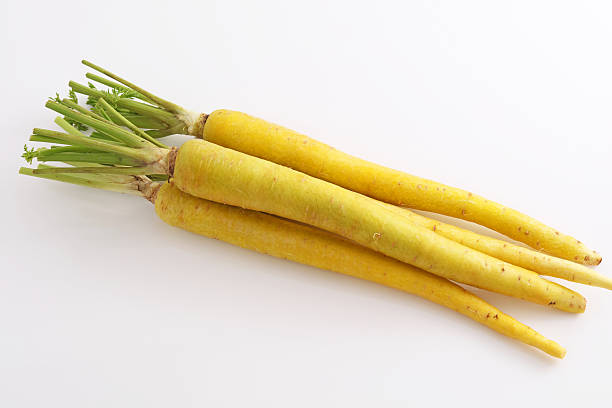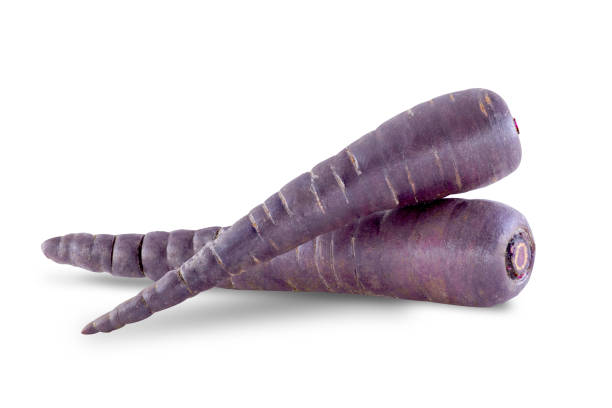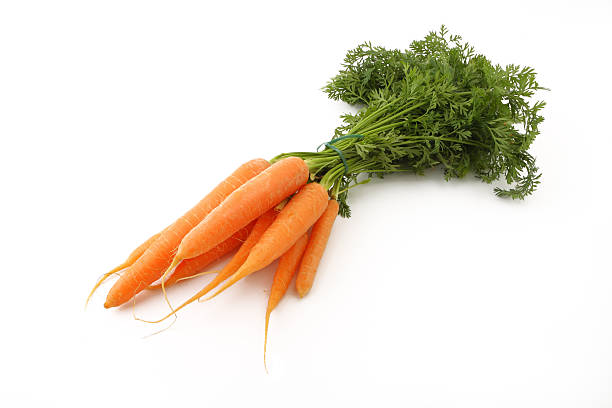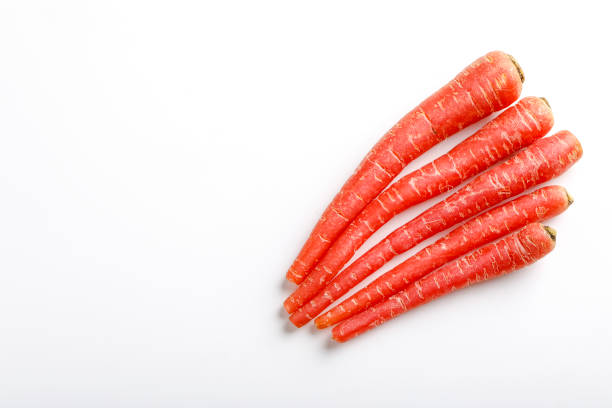Can Bearded Dragons Eat Carrot? TopFlight Dubia Explained
Posted by Matthew Murphy on Apr 4th 2024
Can Bearded Dragons Eat Carrots?
Bearded dragon is more than just a pet — they are a beloved family member.
From the beginning, you have seen your beardie grow well— crawling, curling up for a nap, and even basking in the sun. You can’t stop the bond getting stronger between you and your pet with time. Apart from that, they trust you for their well-being. In fact, you are willing to give them the best life possible, from the perfect habitat to the nutritious food.
However, when it comes to adding a new food like carrot to their diet, there is always a question that comes to the mind of Beardie’s parents —
Is carrot safe and nutritious for bearded dragons?
Carrots are popular for their natural sweetness and nutritional benefits. But when it comes to bearded dragons, it is essential to know whether carrots can enhance your pet’s health and happiness or not.
Here, TopFlight Dubia will answer your questions about carrots for bearded dragons.
Can Bearded Dragons Eat Carrots?
Yes, bearded dragons can eat carrots once or twice a week, but not every day because they are pretty much sweet.
Nutrients Present in Carrots
Carrot is packed with lots of nutrients, such as:
|
Nutrients Present in Carrots |
Amount |
Beneficial for |
|
Water |
88. 3 g |
Bodily functions and overall health |
|
Protein |
0.93 g |
Building muscle enzymes and antibodies |
|
Fiber |
2.8 g |
Healthy digestive system |
Calcium |
33 mg |
Strong bones and teeth, muscle contraction, development of eggs and reproductive health |
|
Iron |
0.3 mg |
Prevent anemia |
|
Magnesium |
12 mg |
Muscle contractions, nerve function, and hydration |
|
Phosphorus |
35 mg |
Bone development and skeletal health |
|
Potassium |
320 mg |
Proper muscle and nerve function |
|
Vitamin B-6 |
0.138 mg |
Metabolism and energy production |
|
Beta carotene |
8280 µg |
Healthy skin, immune system, and proper vision |
|
Vitamin C |
5.9 mg |
Immune health, collagen production |
Can Bearded Dragons Eat Different Types of Carrots?
Yes, bearded dragons can have carrots of different types like:
|
Types of Carrots |
Image |
Key Features |
|
Yellow |
|
Flavor: Earthy, sweet flavor Benefits: Contains xanthophylls– help with eye health |
|
Purple |
|
Flavor: Sweet or peppery flavor
|
|
Orange |
|
Flavor: Sweet, slightly earthy flavor Benefits: Contains high beta carotene concentrations that support eye health, immune system, and healthy skin |
|
Red |
|
Flavor: Taste sweeter than orange carrots Benefits: Healthy skin, strong immune system |
How To Serve Carrots to Bearded Dragons?
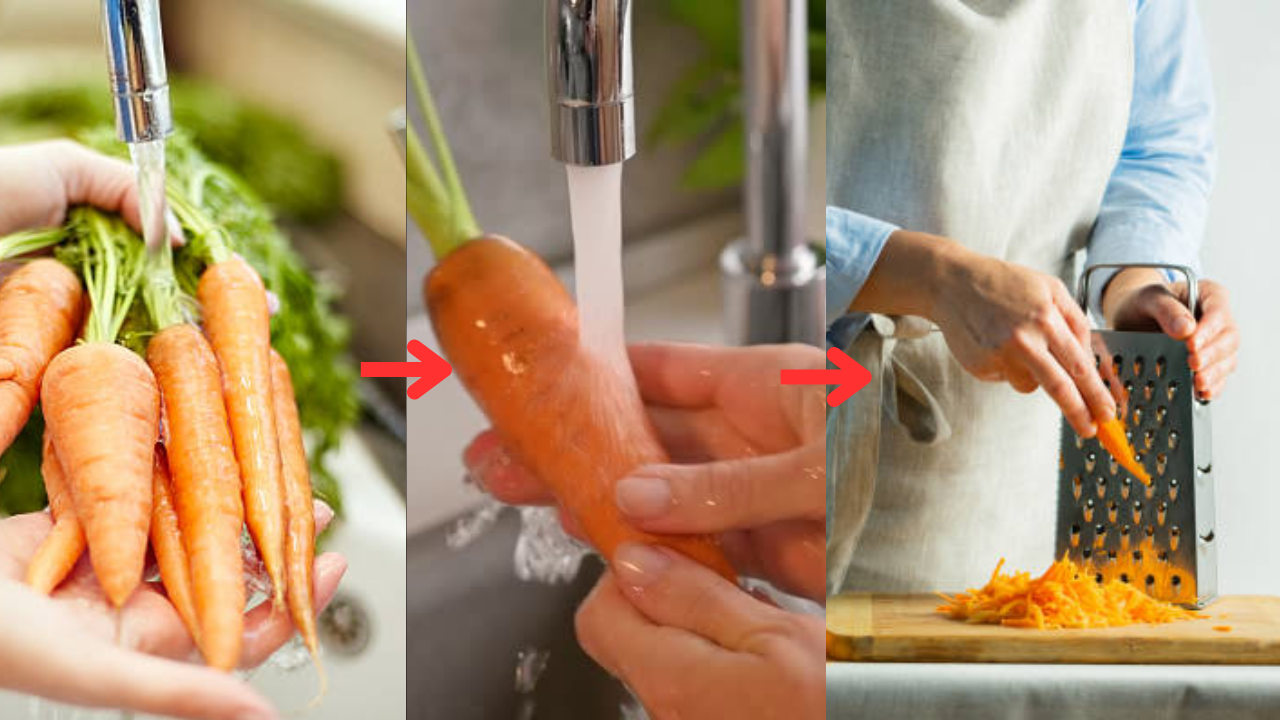
- Wash the carrots thoroughly with water
- Use a cheese grater to cut the carrot into small slices that can be easier for a bearded dragon to swallow.
- Serve the pieces with a salad or feed them alone.
|
Pro Tip: Feed only one or two pieces every couple of weeks as per your bearded dragon’s nutrient requirements. |
Conclusion
The bearded dragon is indeed more of a pet. Instead, they are beloved family members. In order to take care of your pet, you need to provide a perfect habitat and nutritious, safe foods. If you are wondering about including carrots in their diet, it is important to serve them in moderation ( one or two times a week). Make sure to cut the carrot into small pieces using a cheese grater. And remember to consult with a veterinarian for any concerns about your pet’s dietary requirements.


